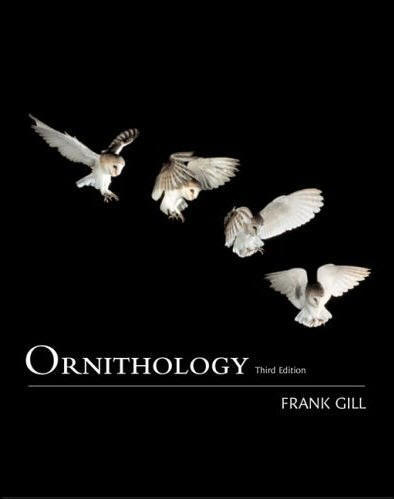 (1) Textbook: 2007. Frank B. Gill. Ornithology. Freeman 3rd edition.
(1) Textbook: 2007. Frank B. Gill. Ornithology. Freeman 3rd edition.
 (2) Recommended Field Guide: Sibley, David Allen. 2003.
The Sibley Field Guide to Birds of Western North America. Alfred A. Knopf
Publishers, New York.
(2) Recommended Field Guide: Sibley, David Allen. 2003.
The Sibley Field Guide to Birds of Western North America. Alfred A. Knopf
Publishers, New York.
(3) Other sources as assigned in lecture; these will
be posted as pdf files on
this website.
Grading:
There will be a total of 600pts over the course of the semester. The points will be distributed as follows:
(1) 250pts from the Laboratory (see Laboratory)
(2) 100pts from exam 1, Thursday, February 11
(3) 100pts from exam 2, Thursday, March 17
(4) 150pts from comprehensive final, Thursday, April 28, 2016
The following percentages will determine the grade earned:
93 - 100% A
90 - 92% A-
87 - 89% B+
83 - 86% B
80 - 82% B-
77 - 79% C+
73 - 76% C
70 - 72% C-
67 - 69% D+
63 - 66% D
60 - 62% D-
below 60% E